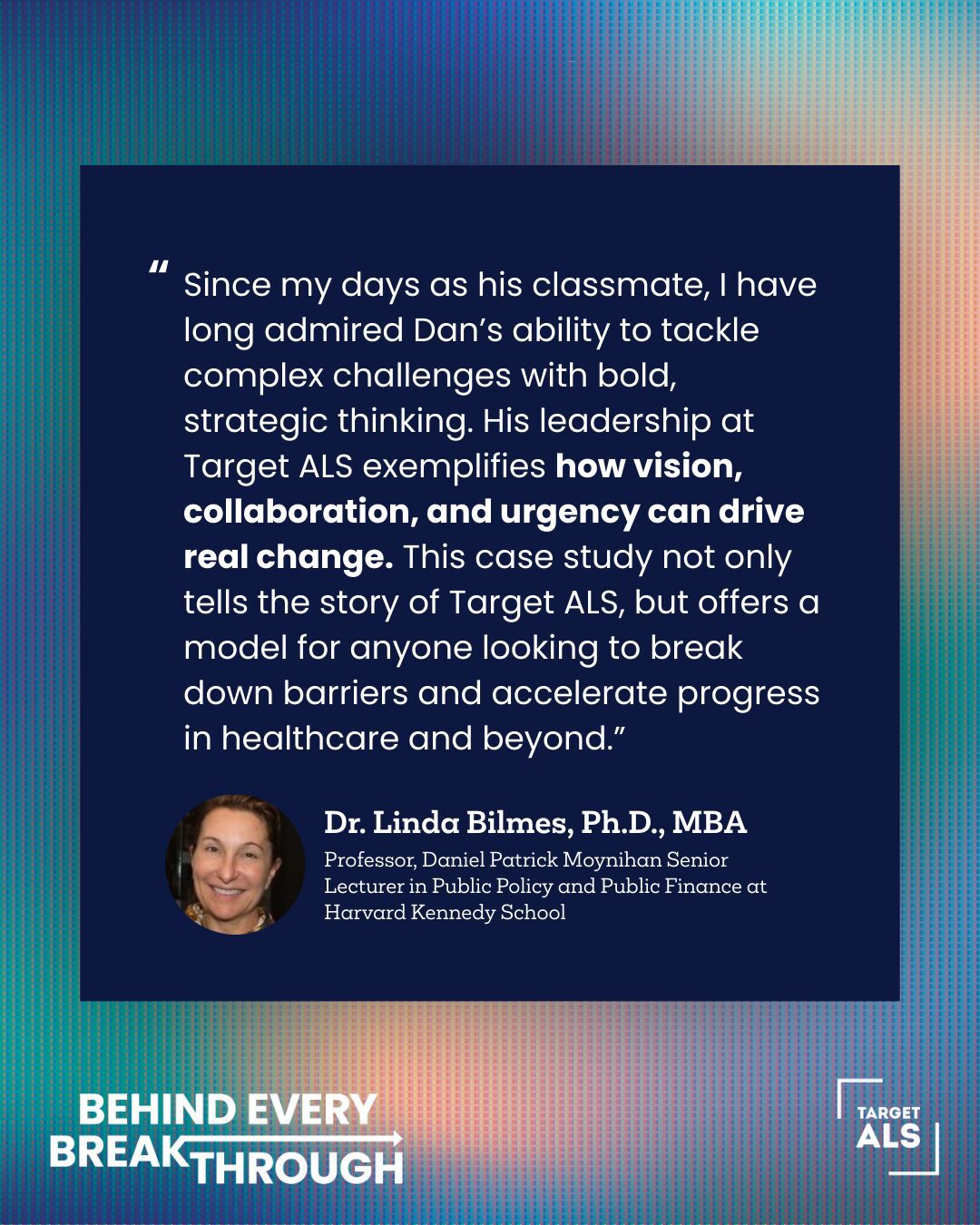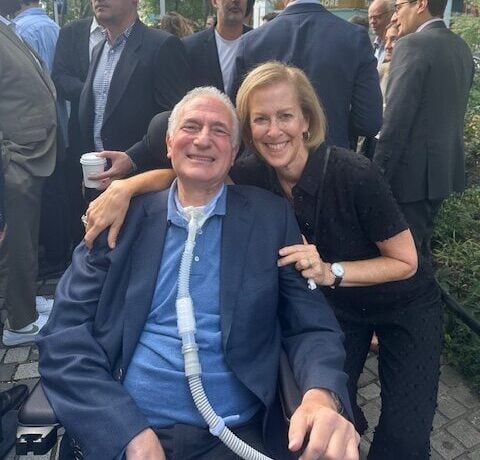For Dr. Robert McFarlane, the path to ALS research has been anything but conventional—and that’s precisely what makes his perspective so valuable.
A Neurology Registrar and PhD candidate at Trinity College Dublin, Dr. McFarlane is at the forefront of a new wave of research that blends clinical care, epidemiology, and machine learning. At this year’s Target ALS Annual Meeting—his first—he shared how these threads are converging in his project: a data-driven effort to understand ALS heterogeneity and reimagine clinical trials using “digital twins.”
“I’m part of a European consortium that’s been collecting ALS epidemiological data since the 1990s,” he explained. “We’ve harmonized that into a dataset of about 25,000 patients, which gives us an incredible opportunity to apply deep learning techniques. Digital twins allow us to replicate the natural history of ALS in a way that could reduce the need for placebo arms—or help balance clinical trial cohorts more effectively.”
In practical terms, that means improving trial design in a disease where no two patients are the same—and where statistical noise can mask meaningful signals.
Dr. McFarlane’s work is supported by a Target ALS Neurology Resident Grant, which he says has allowed him to “focus more full-time on research, get papers out, and connect with other scientists across Europe and the U.S.” This funding is enabling him to build a multimodal machine learning model that integrates imaging, genetics, EEG, and clinical data—a complex effort that could yield a more nuanced understanding of ALS progression.
Being both a clinician and researcher uniquely positions him for this task. “I attend the national ALS clinic in Ireland, where I see patients from across the country. You build relationships. You see people change in front of you. That’s what motivates me—using data to answer the real questions the patients are asking in the clinic.”
But working across borders and institutions isn’t without its hurdles. “Research isn’t free,” he said with a smile. “There’s the politics of it—ethics approvals, data sharing agreements, GDPR compliance—it all takes time. I feel impatient all the time. But that’s why we do research: to push through those bottlenecks because the end goal matters.”
At the Annual Meeting, Dr. McFarlane said he’s already connected with U.S.-based researchers who approach ALS with different tools and constraints. “That’s where collaboration gets interesting. We all have different perspectives and interpretations of our work. Bridging those gaps and working together will lead to powerful outcomes.”
For someone still early in his research career, Dr. McFarlane speaks with the clarity and conviction of someone deeply embedded in the problem—and hopeful about the solution.
“There are diseases in neurology like MS where we’ve made incredible progress. ALS still doesn’t have that. But that’s exactly why we’re all here.”



